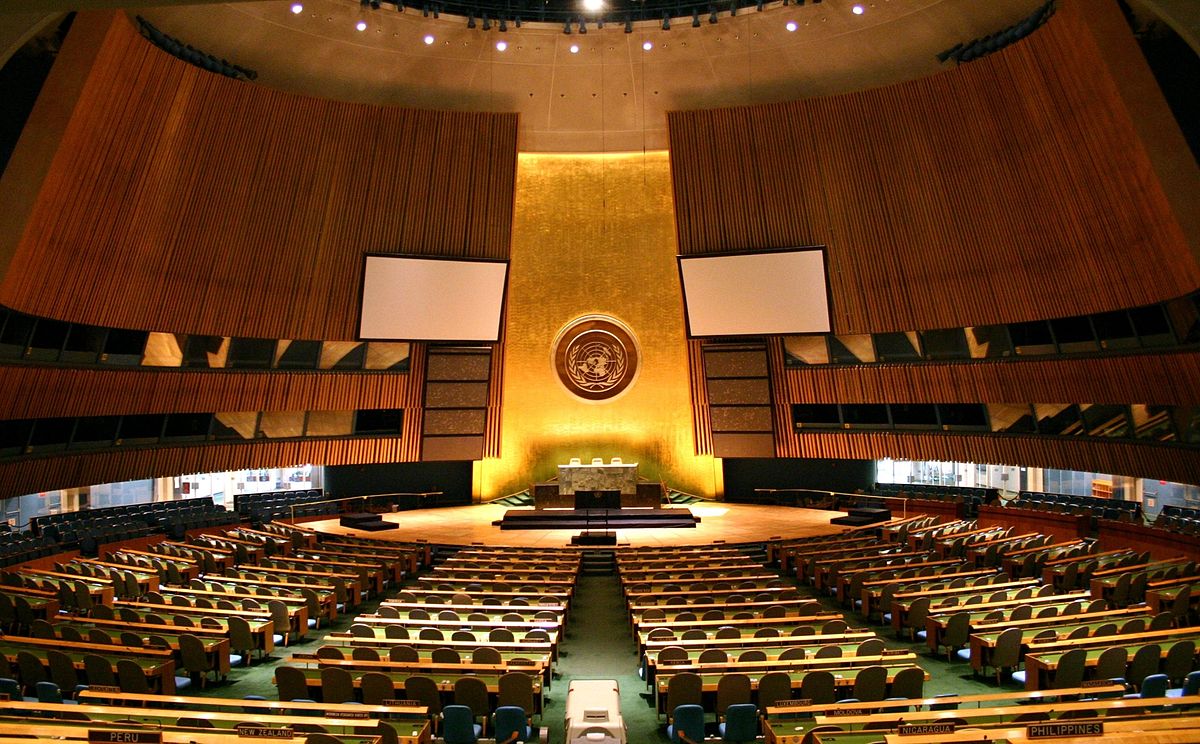
The election of the president for the75th session of the United Nations (UN), which will begin in September 2020, took placed under the precautions for COVID-19. Unlike previous years, this year’s elections were organized via a virtual platform by Tijjani Muhammad-Bande, the President of the 74th session of the UN General Assembly; and Volkan Bozkır, a candidate from Turkey, who is a former Minister and former chief negotiator, was elected for presidency.[1]
According to the customs, the president of the UN General Assembly is elected amongst 5 geographical regions (Africa, Asia, Europe, Latin America, Western Europe and Other States) in compliance with the principle of equitable geographical representation and in accordance with the practice of rotation.[2] Candidates may take office without a need for election in the case that there were no other candidates or there was a consensus between the states in the regions. However, the elections for the 75th session held last week took place differently than the mentioned customs.
The Greek Administration of Southern Cyprus, Armenia and Greece, countries of the region where Turkey is situated, raised an objection to Volkan Bozkır’s candidacy.[3] The reason for the objection was explained as the “divergence between the policy pursued by Turkey and the UN norms and values”.[4] As a result of the objection from these three countries, despite being the only candidate, voting was held for Bozkır at the General Assembly, for the first time. At the end of the voting, Bozkır was elected with the support of 178 out of the 193 countries.[5] Although this election is important due to a name from Turkey achieving a high-level position of representation at the UN for the first time, it is also pointing to another important case for Turkey.
It is once again seen that Greece and Armenia, which have been supporting each other on the “genocide” claims, meet at common ground regarding opposition against Turkey on the occasion of the elections, similar to many other issues. As it can be remembered, the Foreign Ministers of Greece, Armenia and the Greek Administration of Southern Cyprus held a summit in 2019. In that summit, a decision for trilateral cooperation was made between the Ministers and Armenia declared its support to the Greek Administration of Southern Cyprus for the Eastern Mediterranean issue, even though it has no relation with this issue.[6] In addition, the Ministry of Foreign Affairs of Armenia declared on April that it will join the EU’s decisions to impose sanctions on Turkey, despite the fact that it is not an EU member or even a candidate.[7]
In the light of this attitude of Armenia, Greece and the Greek Administration of Southern Cyprus regarding the UN General Assembly elections, it is easily seen that the reason of the problem is not about Turkey’s divergence with the UN norms. Apparently it must have been understood that the reason why Greece, Armenia and the Greek Administration of Southern Cyprus made this attempt is their opposition against Turkey, as the attempt of these three countries failed in the elections held in the UN General Assembly. The high number of votes in favor of Bozkır also shows that this idea is not very common in the UN. Although the Armenian press is interpreting the anti-Turkey propaganda understanding to be strengthening Armenia’s international position,[8] the situation is actually progressing in the opposite way. This attitude of Greece and Armenia, which is not justified, causes the image and reliability of these two countries to be damaged in the international sphere. In an international platform like the UN, trying to prevent the use of a right acquired in accordance with the rotation procedure with a hostility-based approach is contrary to the UN's structure that strives to protect international peace. Therefore, it is seen that Greece and Armenia are acting in contradiction with UN values.
[1] “Election Of The 75th Presıdent Of The General Assembly,” United Nations Official Website, https://www.un.org/pga/74/election-of-the-75th-president-of-the-general-assembly/.
[2] “Volkan Bozkir of Turkey elected president of UN General Assembly,” Xinhua News Agency, 20 June 2020, http://www.xinhuanet.com/english/2020-06/18/c_139148208.htm.
[3] “Ermenistan BM 75. Genel Kurul Başkanlığı Türk adayı için oylama yapılmasını talep etti,” Ermeni Haber Ajansı, 4 June 2020, https://www.ermenihaber.am/tr/news/2020/06/04/Ermenistan-BM-75-Genel-Kurul-Başkanlığı-Türk-adayı/185022.
[4] “Türkolog: Ermenistan, Yunanistan ve Kıbrıs’ın, BM’de Türkiye temsilcisinin seçilmesine engel olmaları bu ülkeler arasındaki işbirliǧinin güzel bir örneği,” Public Radio of Armenia, 16 June 2020, https://tr.armradio.am/2020/06/16/turkolog-ermenistan-yunanistan-ve-kibrisin-bmde-turkiye-temsilcisinin-secilmesine-engel-olmalari-bu-ulkeler-arasindaki-isbirliǧinin-guzel-bir-orneǧi/.
[5] “Volkan Bozkır BM Genel Kurul Başkanı seçildi,” DW, 18 June 2020, https://www.dw.com/tr/volkan-bozkır-bm-genel-kurul-başkanı-seçildi/a-53853010.
[6] “Güney Kıbrıs - Ermenistan - Yunanistan üçlü görüşmesi gerçekleştirildi,” Kıbrıs Postası, 18 November 2020, https://www.kibrispostasi.com/c58-GUNEY_KIBRIS/n287254-guney-kibris-ermenistan-yunanistan-uclu-gorusmesi-gerceklestiril.
[7] “Armenia Joins EU Sanctions on Turkey Over Cyprus Drilling,” Massis Post, 01 April 2020, https://massispost.com/2020/04/armenia-joins-eu-sanctions-on-turkey-over-cyprus-drilling/.
[8] “Türkolog: Ermenistan, Yunanistan ve Kıbrıs’ın, BM’de Türkiye temsilcisinin seçilmesine engel olmaları bu ülkeler arasındaki işbirliǧinin güzel bir örneği,” Public Radio of Armenia, 16 June 2020, https://tr.armradio.am/2020/06/16/turkolog-ermenistan-yunanistan-ve-kibrisin-bmde-turkiye-temsilcisinin-secilmesine-engel-olmalari-bu-ulkeler-arasindaki-isbirliǧinin-guzel-bir-orneǧi/.
© 2009-2025 Center for Eurasian Studies (AVİM) All Rights Reserved
No comments yet.
-
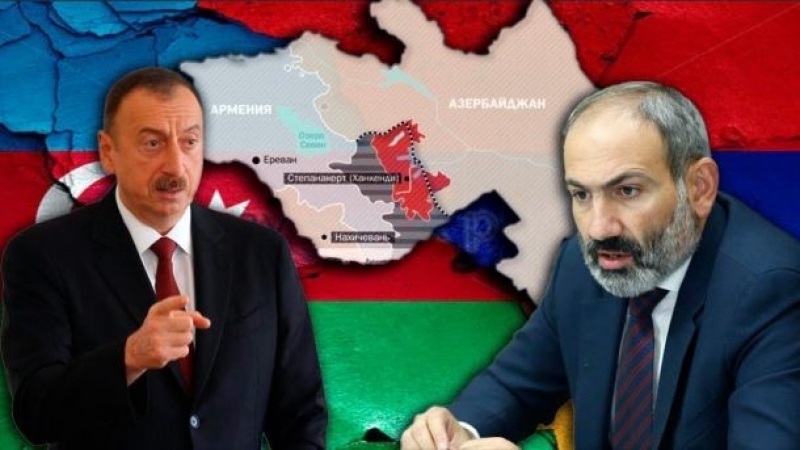 WHY IS THE NAGORNO KARABAKH PROCESS IN DEADLOCK
WHY IS THE NAGORNO KARABAKH PROCESS IN DEADLOCK
Tutku DİLAVER 17.10.2019 -
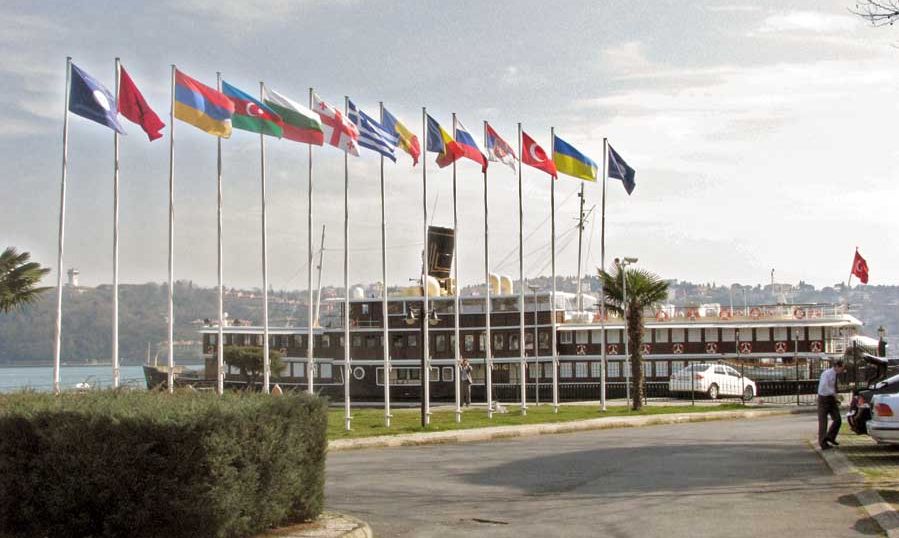 THE BLACK SEA ECONOMIC COOPERATION AND CAUCASUS
THE BLACK SEA ECONOMIC COOPERATION AND CAUCASUS
Tutku DİLAVER 19.07.2018 -
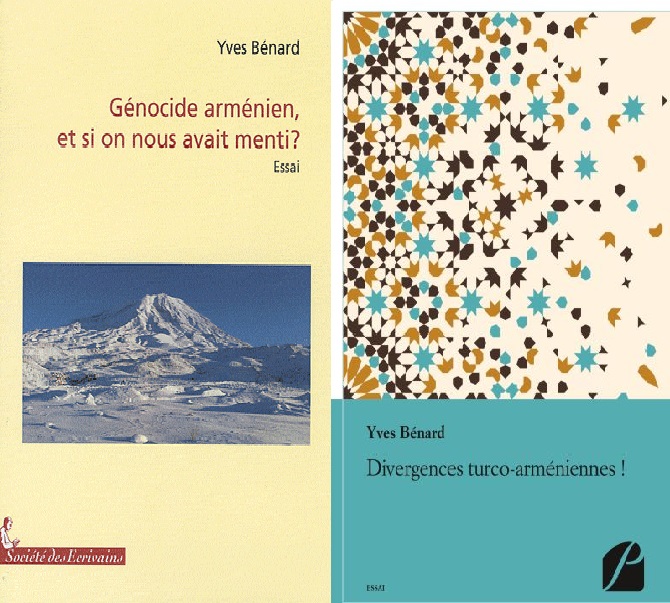 AN OBJECTION FROM FRANCE: YVES BENARD
AN OBJECTION FROM FRANCE: YVES BENARD
Tutku DİLAVER 26.12.2017 -
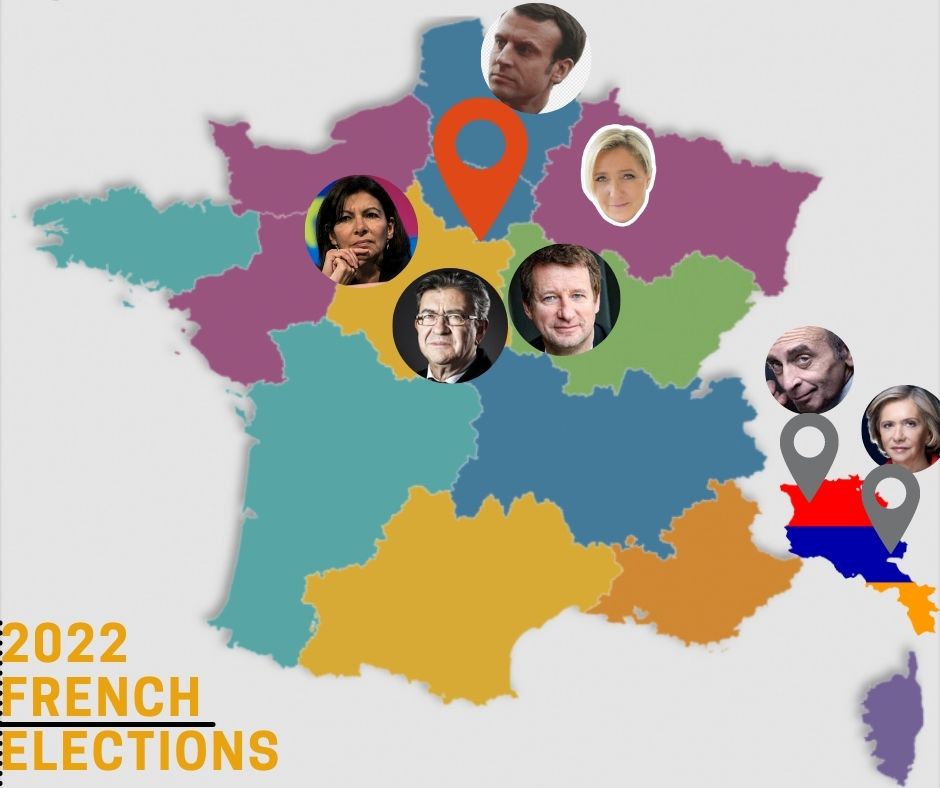 ARMENIA: THE TOOL OF POPULISM IN THE FRENCH ELECTIONS
ARMENIA: THE TOOL OF POPULISM IN THE FRENCH ELECTIONS
Tutku DİLAVER 07.01.2022 -
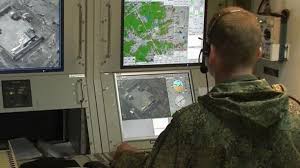 TURKISH RUSSIAN JOINT MONITORING CENTER BECAME OPERATIONAL AT AGHDAM
TURKISH RUSSIAN JOINT MONITORING CENTER BECAME OPERATIONAL AT AGHDAM
Tutku DİLAVER 17.02.2021
-
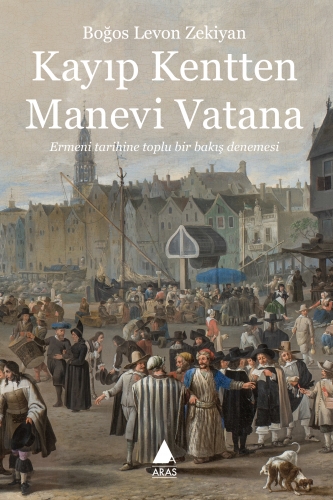 BOOK REVIEW: FROM THE LOST CITY TO THE SPIRITUAL HOMELAND
BOOK REVIEW: FROM THE LOST CITY TO THE SPIRITUAL HOMELAND
AVİM 29.06.2018 -
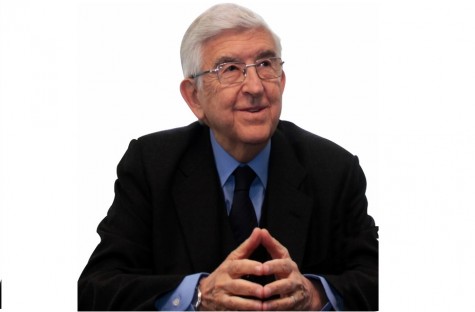 WHY TURKEY’S VIEW OF THE ARMENIAN ISSUE SHOULD NOT BE SUPPRESSED
WHY TURKEY’S VIEW OF THE ARMENIAN ISSUE SHOULD NOT BE SUPPRESSED
Özdem Sanberk 29.06.2015 -
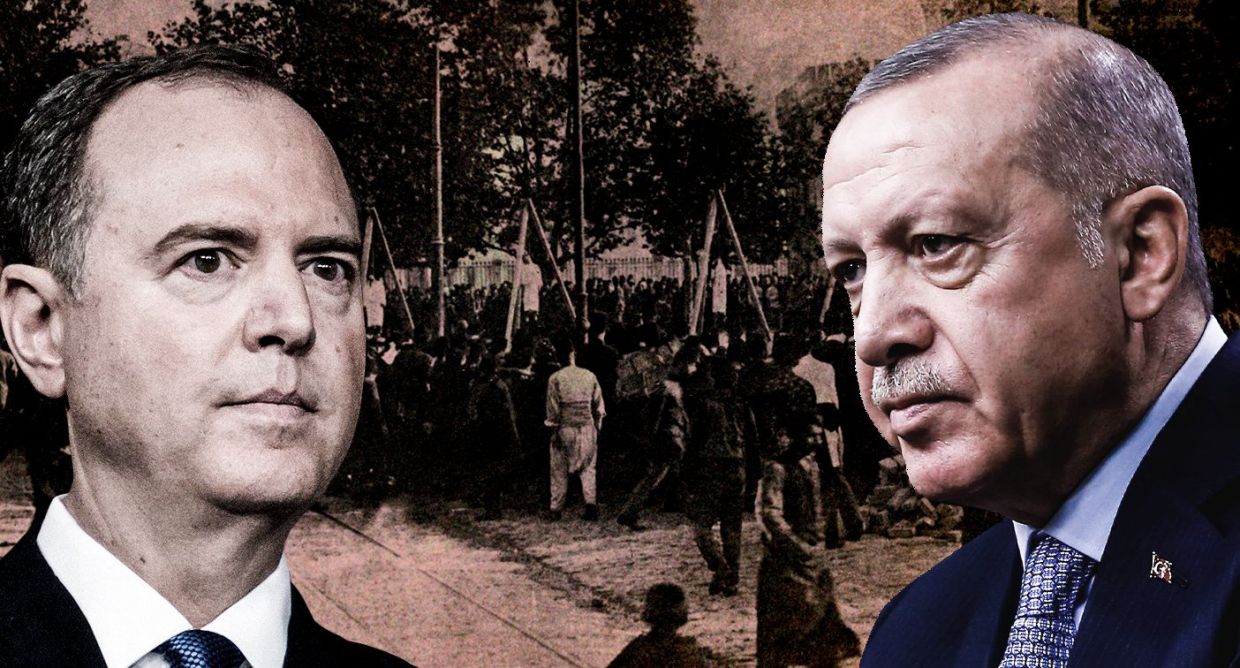 ARE ARMENIAN CLAIMS SUBJECT TO ABUSE?
ARE ARMENIAN CLAIMS SUBJECT TO ABUSE?
Tutku DİLAVER 01.11.2019 -
 "WATER DIVINER"
"WATER DIVINER"
Hazel ÇAĞAN ELBİR 12.02.2015 -
 A NEW FOREIGN INTELLIGENCE AGENCY IN ARMENIA
A NEW FOREIGN INTELLIGENCE AGENCY IN ARMENIA
Turgut Kerem TUNCEL 02.01.2023
-
25.01.2016
THE ARMENIAN QUESTION - BASIC KNOWLEDGE AND DOCUMENTATION -
12.06.2024
THE TRUTH WILL OUT -
27.03.2023
RADİKAL ERMENİ UNSURLARCA GERÇEKLEŞTİRİLEN MEZALİMLER VE VANDALİZM -
17.03.2023
PATRIOTISM PERVERTED -
23.02.2023
MEN ARE LIKE THAT -
03.02.2023
BAKÜ-TİFLİS-CEYHAN BORU HATTININ YAŞANAN TARİHİ -
16.12.2022
INTERNATIONAL SCHOLARS ON THE EVENTS OF 1915 -
07.12.2022
FAKE PHOTOS AND THE ARMENIAN PROPAGANDA -
07.12.2022
ERMENİ PROPAGANDASI VE SAHTE RESİMLER -
01.01.2022
A Letter From Japan - Strategically Mum: The Silence of the Armenians -
01.01.2022
Japonya'dan Bir Mektup - Stratejik Suskunluk: Ermenilerin Sessizliği -
03.06.2020
Anastas Mikoyan: Confessions of an Armenian Bolshevik -
08.04.2020
Sovyet Sonrası Ukrayna’da Devlet, Toplum ve Siyaset - Değişen Dinamikler, Dönüşen Kimlikler -
12.06.2018
Ermeni Sorunuyla İlgili İngiliz Belgeleri (1912-1923) - British Documents on Armenian Question (1912-1923) -
02.12.2016
Turkish-Russian Academics: A Historical Study on the Caucasus -
01.07.2016
Gürcistan'daki Müslüman Topluluklar: Azınlık Hakları, Kimlik, Siyaset -
10.03.2016
Armenian Diaspora: Diaspora, State and the Imagination of the Republic of Armenia -
24.01.2016
ERMENİ SORUNU - TEMEL BİLGİ VE BELGELER (2. BASKI)
-
AVİM Conference Hall 24.01.2023
CONFERENCE TITLED “HUNGARY’S PERSPECTIVES ON THE TURKIC WORLD"









